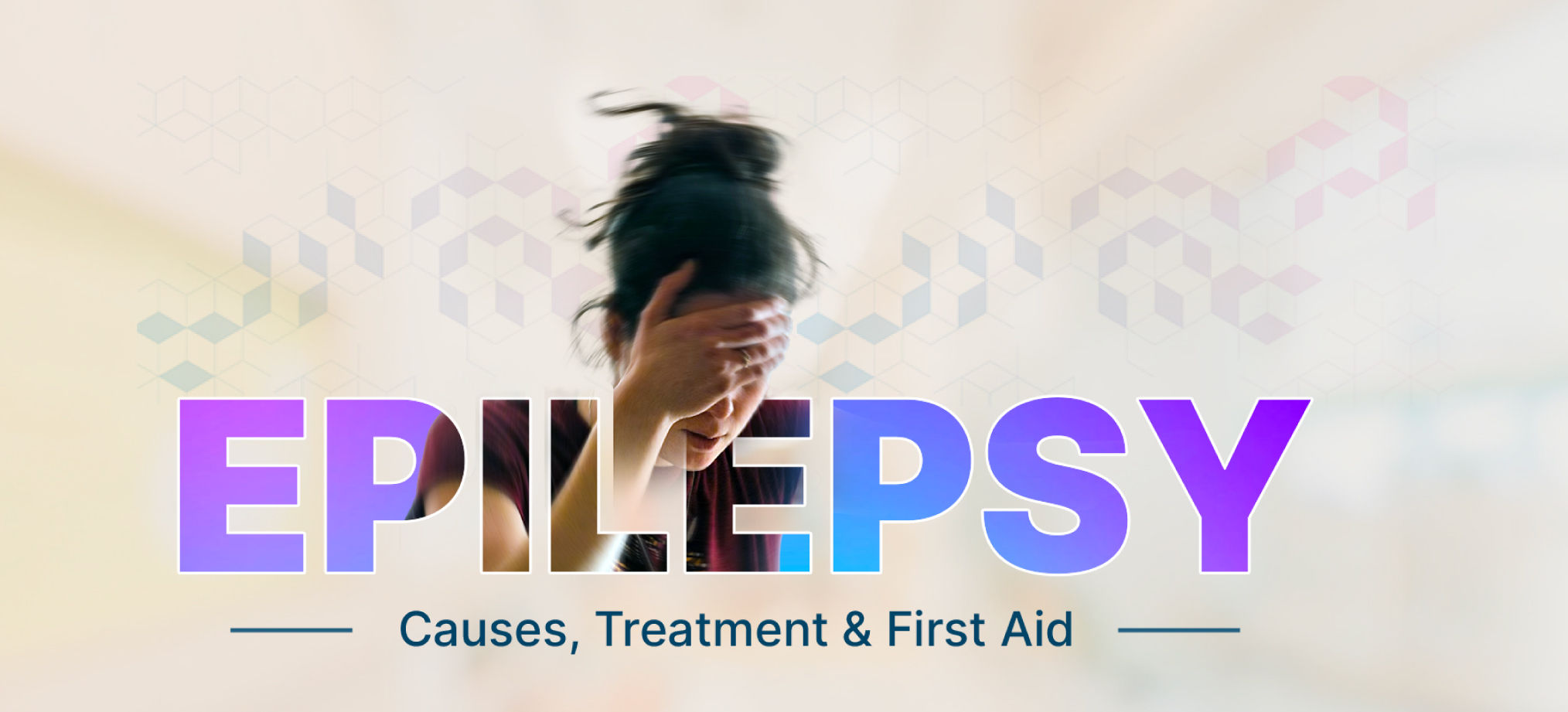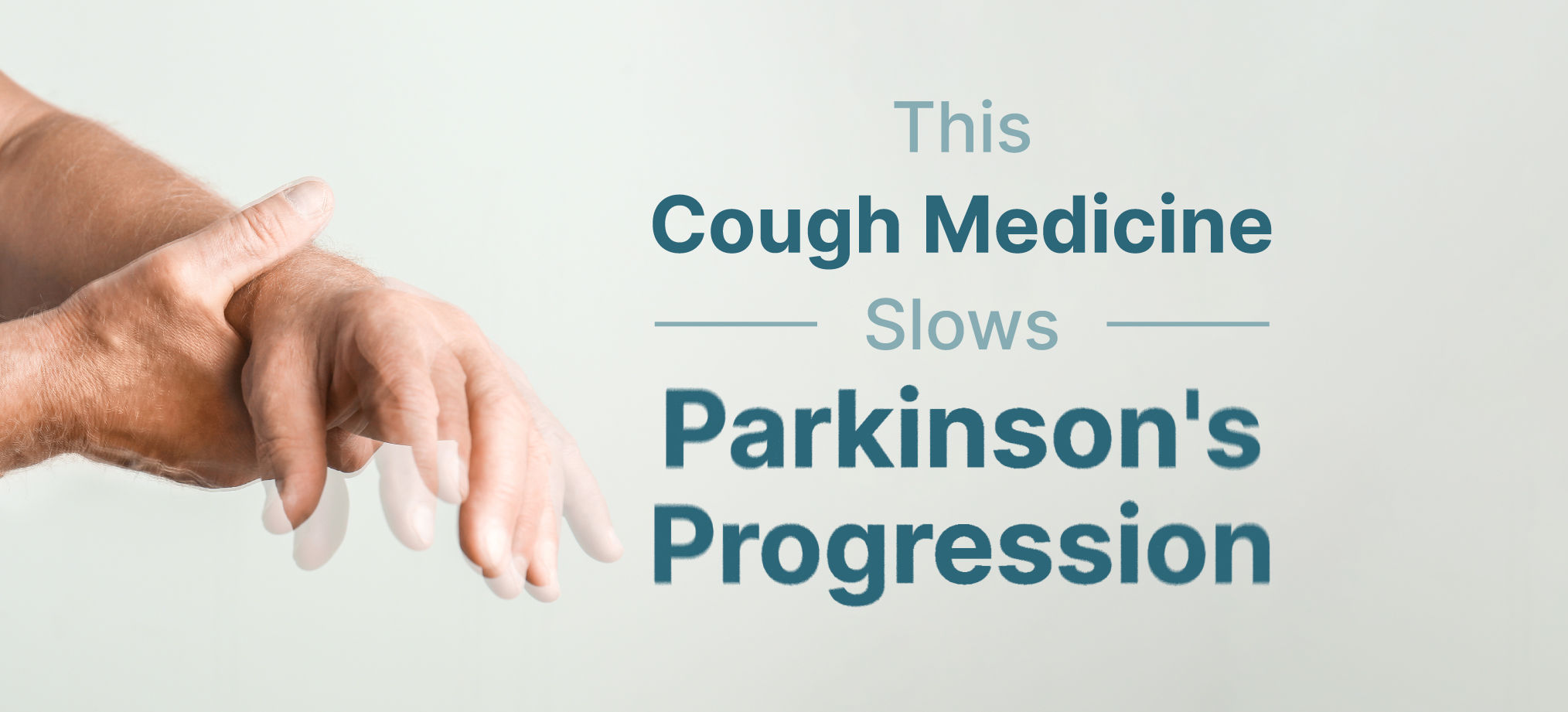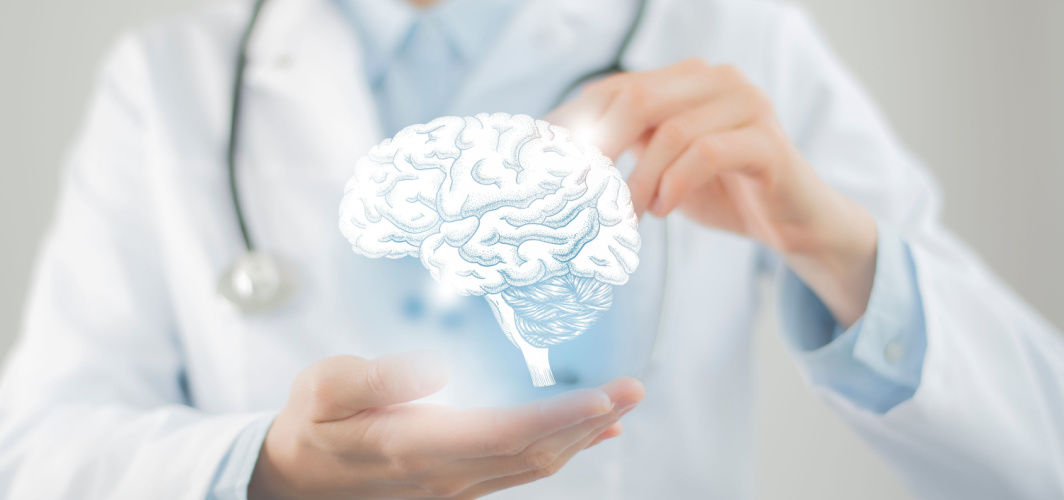Neurology
What To Do If A Person Gets An Epilepsy Attack In Front Of You?
3 min read
By Apollo 24|7, Published on - 14 November 2022, Updated on - 12 February 2023
Share this article
0
7 likes

Getting a fit or seeing someone experiencing one can be worrying. While a fit or seizure episode does not always signify epilepsy, it requires immediate medical attention. Epilepsy is a neurological condition of the brain that affects around 50 million people worldwide.
Epilepsy is characterized by recurrent seizures that are short episodes of involuntary movement that may involve a part (partial seizure) or the entire body (generalized seizure). Epileptic seizures are sometimes accompanied by loss of consciousness or bowel or bladder control.
What are the Causes and Types of Epilepsy?
Epileptic seizures arise due to excessive electrical discharge in a group of brain cells. Different brain parts can cause these electrical discharges; sometimes all at once. Epileptic seizures can vary in frequency.
There are two types of epilepsy:
- Primary generalized seizures: Occurs due to an electrical discharge that involves both sides of the brain at once.
- Partial seizures: Occurs due to an electrical discharge that is limited to one area of the brain.
The exact cause of epilepsy is difficult to pinpoint in about 70% of people. However, a few known epilepsy causes include:
- Genetics
- Brain infection
- Stroke
- Tumour
- Head injury or trauma
A few factors that may increase a predisposed individual’s risk of developing an epileptic seizure are:
- Sleep deprivation
- Fatigue
- Lack of oxygen to the brain
- Tumour or cyst
- Stress
- Insufficient food intake
- Alcohol or drug use
- Failure to take anticonvulsant medications
- Flashing or blinking lights
What are a Few Common Epilepsy Symptoms?
Seizures are the most common symptom of epilepsy. However, epilepsy symptoms vary from person to person and depending on the type of the condition.
1. Partial seizures
Alterations to taste, smell, touch, or hearing
- Tingling in the limbs
- Dizziness
Symptoms of complex partial seizures include:
- Loss of consciousness or awareness
- Unresponsiveness
- Performing repetitive movements
2. Generalized seizures
Depending on the subtype, symptoms of generalized seizures may include:
- Short loss of awareness
- Staring blankly
- Repetitive movements
- Sudden stiffness in the arms of legs
- Loss of muscle strength that may make the individual fall suddenly
- Repeated jerky muscle movements of the face, neck, and arms
- Twitching of arms and legs
- Loss of bladder control
- Biting of tongue
- Shaking or stiffening of the body
How is Epilepsy Treated?
The treatment for epilepsy depends upon its type, severity, individual’s health, and response to initial therapy. Epilepsy treatment options include:
- Anti-epilepsy medications
- Using a device called the vagus nerve stimulator
- Following a ketogenic diet
- Brain surgery (if the individual is fit enough for it)
What To Do If a Person Gets an Epilepsy Attack in Front of You?
If you witness someone having an epilepsy attack, it is essential to stay calm and follow these steps:
- Check if the person is in a safe place, away from any potential hazards.
- Ease the person on the ground and put something soft under their head.
- Loosen any tight clothing around the person's neck that may affect breathing.
- Remove glasses if they are wearing one.
- Do not attempt to stop the seizure by restraining the person or placing anything in their mouth.
- Stay with the person until the seizure has ended and they are fully alert.
You should call emergency services if the person does not have a medical ID card or bracelet indicating epilepsy. The operator will be able to provide instructions on what to do next.
Key Takeaway
It is essential to understand that epilepsy is not always a medical emergency, and you cannot stop the seizure once it is underway. Providing first aid for seizures can be lifesaving.
For more information about epilepsy or the best way to manage or prevent it,
Medically reviewed by Dr Sonia Bhatt.
Neurology
Leave Comment
Recommended for you

Neurology
Can A Cough Medicine Treat Parkinson's?
Ambroxol, a cough reliever, has been proposed as a potential treatment for Parkinson's disease. There is limited evidence to back its effectiveness, therefore, more clinical evidence is needed to determine its usefulness and safety.

Neurology
Cervical Radiculopathy (Pinched Nerve): Symptoms, Causes, And Treatments
Cervical radiculopathy, also known as a pinched nerve, occurs when the nerve roots in the cervical spine (neck region) become compressed or irritated. In India, cervical radiculopathy has a prevalence rate of approximately 85 cases per 100,000 people. It is more commonly seen in individuals between the ages of 30 and 50 years, but it can affect people of all age groups. Understanding the symptoms, causes, and treatments of cervical radiculopathy is crucial for effectively managing this condition. Let us learn more in-depth information on each aspect of this condition.

Neurology
What Are The Early Signs Of Brain Cancer?
Discover the warning signs of brain cancer, and find out what steps you should take if you notice any of these signs.
Subscribe
Sign up for our free Health Library Daily Newsletter
Get doctor-approved health tips, news, and more.
Recommended for you

Neurology
Can A Cough Medicine Treat Parkinson's?
Ambroxol, a cough reliever, has been proposed as a potential treatment for Parkinson's disease. There is limited evidence to back its effectiveness, therefore, more clinical evidence is needed to determine its usefulness and safety.

Neurology
Cervical Radiculopathy (Pinched Nerve): Symptoms, Causes, And Treatments
Cervical radiculopathy, also known as a pinched nerve, occurs when the nerve roots in the cervical spine (neck region) become compressed or irritated. In India, cervical radiculopathy has a prevalence rate of approximately 85 cases per 100,000 people. It is more commonly seen in individuals between the ages of 30 and 50 years, but it can affect people of all age groups. Understanding the symptoms, causes, and treatments of cervical radiculopathy is crucial for effectively managing this condition. Let us learn more in-depth information on each aspect of this condition.

Neurology
What Are The Early Signs Of Brain Cancer?
Discover the warning signs of brain cancer, and find out what steps you should take if you notice any of these signs.